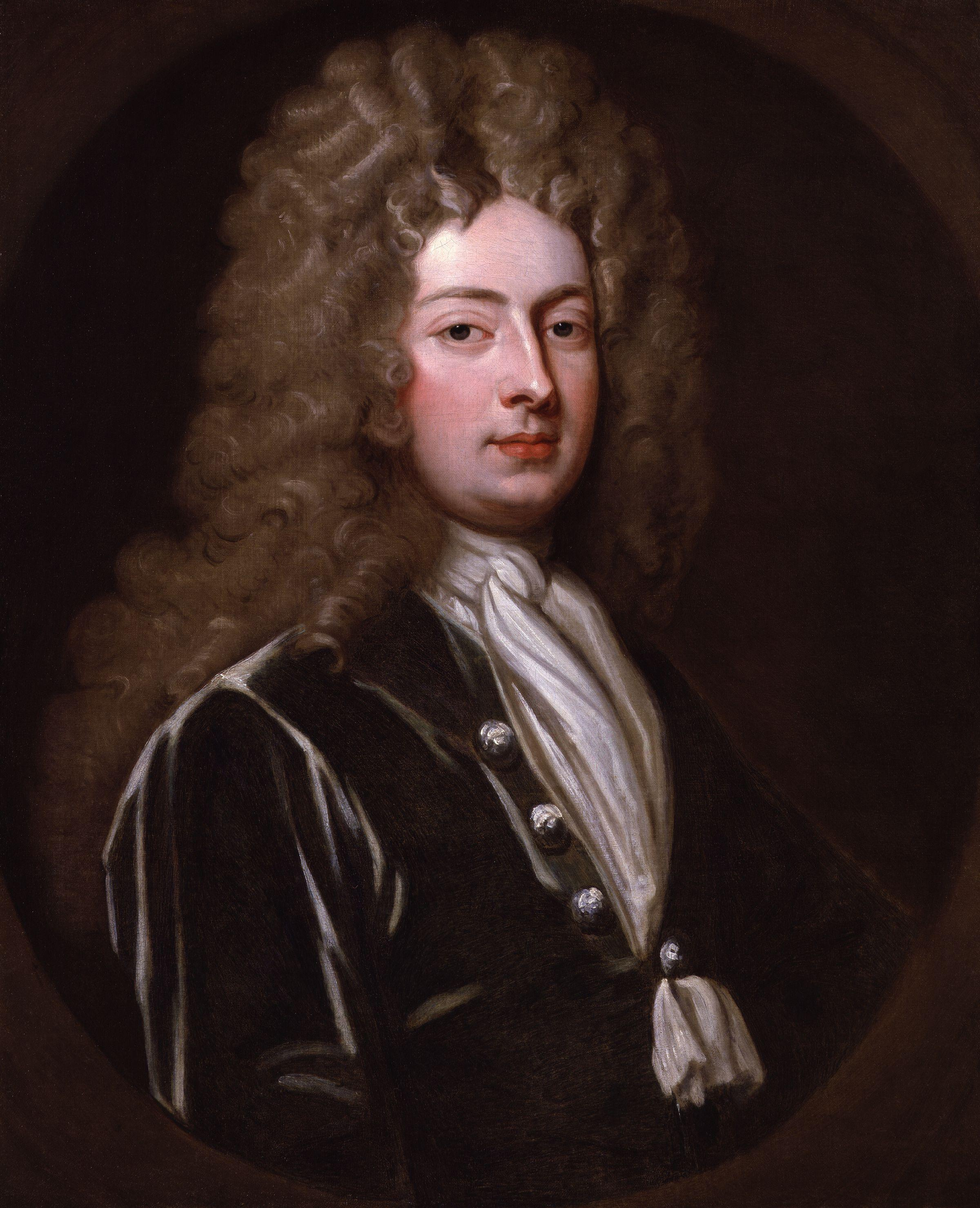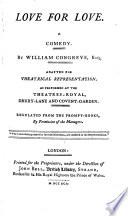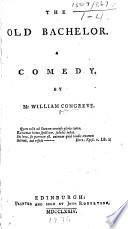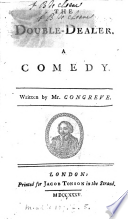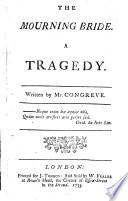“Heav'n has no Rage, like Love to Hatred turn'd,
Nor Hell a Fury, like a Woman scorn'd.”
Act III, scene viii; often paraphrased: "Hell hath no fury like a woman scorned". A similar line occurs in Love's Last Shift, by Colley Cibber, act iv.: "We shall find no fiend in hell can match the fury of a disappointed woman".
The Mourning Bride (1697)
Variant: Heaven has no rage like love to hatred turned,
Nor hell a fury like a woman scorned.
Context: Vile and ingrate! too late thou shalt repent
The base Injustice thou hast done my Love:
Yes, thou shalt know, spite of thy past Distress,
And all those Ills which thou so long hast mourn'd;
Heav'n has no Rage, like Love to Hatred turn'd,
Nor Hell a Fury, like a Woman scorn'd.
